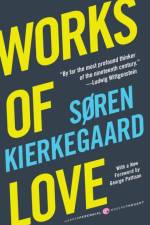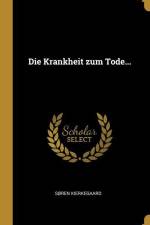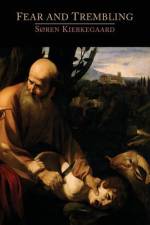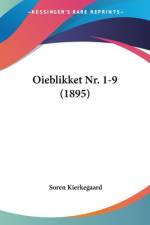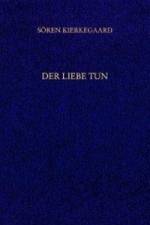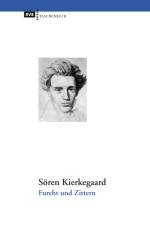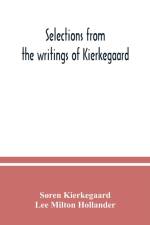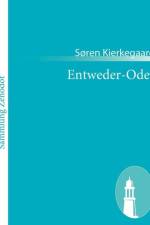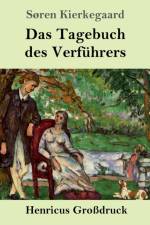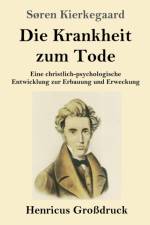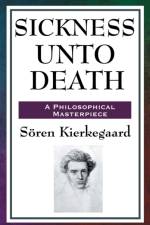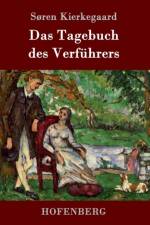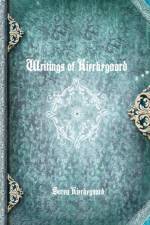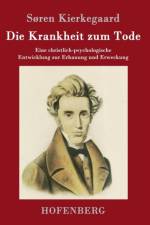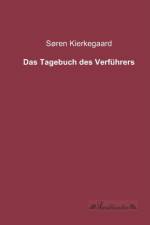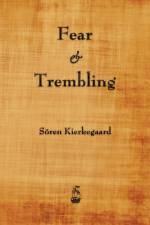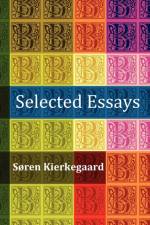von Soren Kierkegaard
17,00 €
»Kierkegaard war, was nicht genug betont werden kann, eine echt nordische Gestalt von unheimlichen Klüften und unauslotbaren Abgründen, von einer Tiefe, ähnlich dem ewig brandenden Meer.« Walter NiggIn diesem Band sind vier kürzere Abhandlungen Kierkegaards aus der Zeit von 1843 bis 1849 vereinigt, die jedoch nicht minder zentral sind für Kierkegaards philosophisch-theologisches Denken als die frühen großen Schriften.›Die Krankheit zum Tode‹ (1849) untersucht ebenso wie die Abhandlung ›Der Begriff der Angst‹ (1844) das Wesen der Sünde. Während Kierkegaard im ›Begriff der Angst‹ dieses Phänomen als die Voraussetzung der Erbsünde bewußt nur psychologisch analysiert, geht er in ›Die Krankheit zum Tode‹ unmittelbar von christlichen Voraussetzungen aus und wendet sich scharf gegen Hegel, der nach seiner Ansicht die Kernbegriffe des christlichen Glaubens, vor allem den Schuldcharakter der Sünde - und damit das Hauptstück des Glaubens - auflöst. »Die Krankheit zum Tode ist Verzweiflung« und »Verzweiflung ist die Sünde«. Sünde liegt, christlich verstanden, nicht in der Erkenntnis, sondern im Willen, ihr Gegensatz ist nicht Tugend, sondern Glaube. Nur im Glauben ist die Sünde überwunden, die Krankheit geheilt. Auch die Abhandlung ›Furcht und Zittern‹ (1843) beschäftigt sich mit einem Zentralthema christlicher Philosophie, sie stellt den Versuch dar, das Wesen des Glaubens neu zu bestimmen. ›Furcht und Zittern‹ ist wohl das persönlichste Werk Kierkegaards, das, wie er 1849 in seinem Tagebuch vermerkt, sein eigenes Leben reproduziere. Die vierte Schrift unseres Bandes, die gleichzeitig mit ›Furcht und Zittern‹ erschien, ›Die Wiederholung‹ ist vor dem biographischen Hintergrund von Kierkegaards Verlobung mit Regine Olsen zu sehen. Sie variiert das gleiche Thema wie ›Furcht und Zittern‹, jedoch in einer kunstvollen literarischen Form, in der Liebesgeschichte eines jungen Menschen, an der das philosophische Problem der Wiederholung dargestellt wird.

